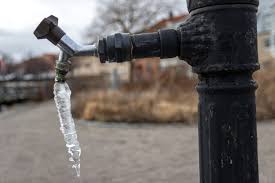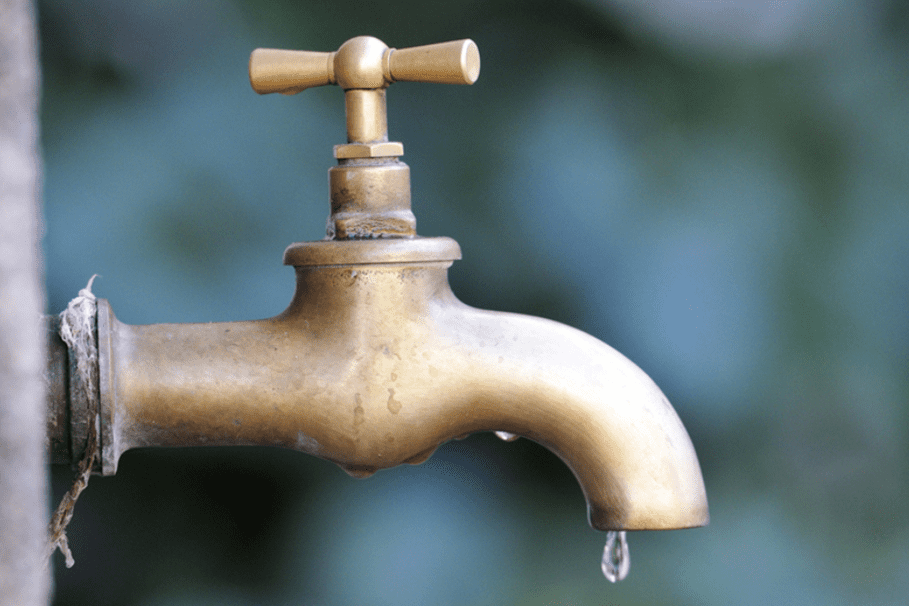Our Best Winterizing Techniques: A Few Ways to Guard Pipe Bursts
Our Best Winterizing Techniques: A Few Ways to Guard Pipe Bursts
Blog Article
Just how do you actually feel on the subject of Winterizing Your Pipes?

All home owners that stay in warm climates must do their best to winterize their pipes. It is something you have to do throughout autumn before deep wintertime absolutely begins. Failing to do so can spell disaster like icy, split, or burst pipes. If the climate outside is terrible, right here are some convenient winterizing hacks to keep your plumbing system secured even.
Switch on the Faucets
When the temperature level decreases as well as it appears as if the freezing temperature will certainly last, it will certainly help to turn on your water both inside your home and outdoors. This will certainly keep the water flowing via your plumbing systems. Additionally, the movement will reduce the freezing process. Notably, there's no requirement to turn it on full force. You'll wind up wasting gallons of water by doing this. Instead, aim for about 5 decreases per min.
Open Up Cabinet Doors Hiding Plumbing
When it's cold outside, it would certainly be helpful to open up cabinet doors that are concealing your pipelines. They might be someplace in your kitchen area or shower room. This will allow the cozy air from your heating system to circulate there. Therefore, you avoid these revealed pipes from freezing. Doing this little technique can keep your pipelines cozy and also limit the potentially unsafe results of freezing temperatures.
Take Time to Wrap Exposed Piping
One awesome and simple hack to warm up freezing pipelines is to wrap them with cozy towels. You can cover them first with towels. After protecting them in place, you can pour boiling water on the towels. Do it gradually to let the towels take in the liquid. You can likewise use pre-soaked towels in hot water, simply do not fail to remember to use protective handwear covers to secure your hands from the warmth.
Attempt a Hair Dryer or Heat Weapon
When your pipes are practically freezing, your reliable hair clothes dryer or warmth gun is a blessing. Bowling warm air directly right into them might assist if the warm towels do not help dislodge any type of resolving ice in your pipes. Do not make use of other items that generate straight fires like an impact torch. This can lead to a bigger catastrophe that you can not control. You may end up harmful your pipes while trying to melt the ice. And also in the long run, you may also wind up burning your residence. So beware!
Turn off Water When Pipes are Frozen
Turn off the major water shutoff quickly if you discover that your pipes are completely frozen or almost nearing that phase. You will generally find this in your basement or laundry room near the heating system or the front wall closest to the street. Transform it off immediately to avoid further damage.
Don't forget to shut external water resources, too, such as your hookup for the yard residence. Doing this will certainly avoid extra water from filling up your plumbing system. However, with even more water, more ice will accumulate, which will at some point bring about rupture pipelines. It is best to call an expert plumber for an evaluation if you are uncertain about the state of your pipelines this winter. Taking this proactive technique can save you countless bucks in repairs.
All property owners that live in temperate climates need to do their best to winterize their pipes. Failure to do so can mean disaster like frozen, cracked, or burst pipes. If the hot towels do not help displace any type of resolving ice in your pipelines, bowling warm air straight right into them might assist. Turn off the primary water shutoff right away if you discover that your pipes are entirely frozen or nearly nearing that stage. With more water, more ice will stack up, which will ultimately lead to burst pipelines.
PREVENT YOUR PIPES FROM FREEZING THIS WINTER
A Leading Cause of Property Damage
When the weather is taking a deep nose dive into the cold dreary days, the risk of your pipes freezing and potentially bursting skyrockets. Unfortunately, during these cold dreary months, burst pipes are the most common denominator for property damage. The pipes that are most at the risk are those that are in areas where it is most cold in your home. For instance, pipes located in interior places such as basements, attics, and your garage. Unfortunately, that doesn’t mean that the pipes running through your cabinets or exterior walls can’t freeze. Good news, however, is that you can do things to help prevent pipes from freezing.
How to Prevent Pipes From Freezing
Once the temperature starts to drop during the winter, you should be taking the proper measures needed to ensure that your pipes stay warm and that there is circulation of water through them. Some steps that experts may recommend could go against your better judgement when it comes to saving water and heat. However, it would go without saying that when expenses are compared, damaged pipes could put a bigger dent in your wallet than a water bill.
What Can I Do?
Keep your garage door closed. This is very important, especially if you have water supply lines running through your garage. Open your kitchen and bathroom cabinets to allow warm air to circulate through them. Allow air circulation throughout your home. Keeping the interior doors open will once again allow the warm air to circulate inside your home. Ensure your thermostat is running the same temperature throughout the night and day. If you plan to be away from home during the cold months, set your temperature no lower than 55° F. This should provide enough heat to keep the pipes warm and prevent any remaining water inside the pipes from freezing. For more of a long-term solution, add insulation to attics, basement, and other crawl spaces around your home. By allowing your faucet to drip, it will alleviate pressure in the system. This is important because the pressure that is created between the blockage and the faucet can potentially cause the pipes to burst. Allowing the faucet to drip will prevent the pressure from building up, therefore keeping the pipes from bursting. Seal any cracks, openings, and crawl spaces around your home to prevent cold air from coming inside. This keeps your pipes-not to mention your home-warmer and less susceptible to issues caused by freezing temperatures. For the pipes in your home that are easily accessible, applying electrical tape to them might prevent them from freezing over. This is a quick fix, as you can apply the tape directly to the pipe. There are two options for heating tapes. One turns on and off by itself when it senses heat is needed. The other type of heating tape needs to be applied when heat is needed and removed when not necessary. If you have exposed pipes in your home, you can check this website to take a look at a few options that would be available at a shop near you.

I was introduced to that report about How to stop pipes from freezing during the winter through an acquaintance on our other web blog. Are you aware of anybody else who is involved in the niche? Why not share it. Thanks so much for your time spent reading it.
Act, don't delay! Report this page